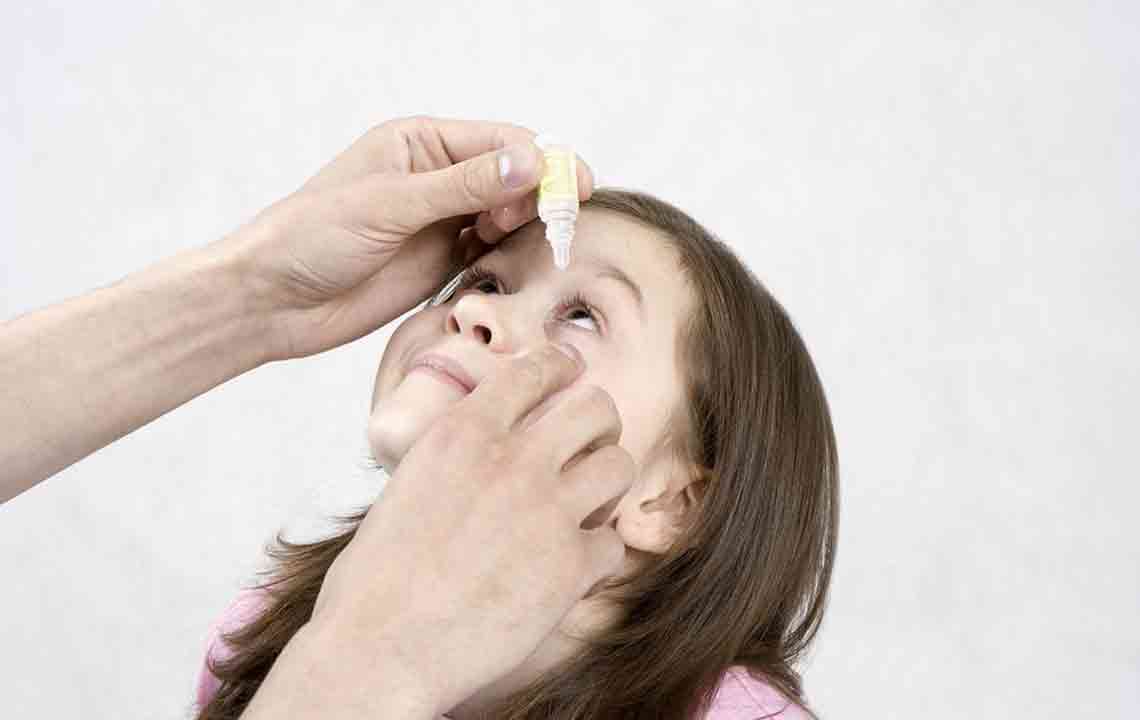What You Need to Know about Dry Eyes and How to Cure It Naturally
Curing dry eyes may sound like a foreign concept, especially to those who rely heavily on medication and frequent visits to the ophthalmologist. Sometimes the cure to this chronic condition is pretty simple, and with a few home remedies, you can get rid of the problem naturally. Here’s what you need to know about dry eye, the causes of chronic dry eye, and how to cure this condition naturally.
Causes of chronic dry eye
Sometimes the cure to the condition lies in knowing the cause. Chronic dry eye is a condition that is caused as a result of low tear production or a high-rate of tear evaporation off the skin.

There are various causes of chronic dry eye. It can originate as a result of any of the following:
Low quality of tears
Insufficient amount of tears
Several environmental factors
Frequent exposure to cigarette smoke, the wind, dry climates, TV, smartphones, and digital devices
High exposure to air dryers or places that are too hot and dry
Natural ageing
Hormonal changes due to pregnancy
Menopause
Ingestion of oral contraceptives
Frequent usage of contact lenses over a long period
Rheumatoid arthritis, diabetes, and thyroid
Inflammation linked to the eyelids and eye surfaces, both referred to as ‘blepharitis’
LASIK eye surgeries
How chronic dry eye diagnosed
Chronic dry eye and the various causes of a chronic dry eye are diagnosed by visiting a certified optometrist.
A thorough evaluation of the patient’s medical history is carried out, which helps reveal whether any pre-existing medical conditions or their overall health contributes to dryness of eyes. Bright light, magnification, blinking of the eyes, and the usage of a special dye to help observe inadequate tear production are few of the common methods employed by a certified eye doctor to help evaluate the condition and know the gravity of the dry eye.
Ways to treat chronic dry eye
Although a visit to the optometrist is recommended, chronic dry eye, in its mild stages, can be cured with a couple of simple home remedies.
Blinking – Frequent blinking of the eyes is a dry-eye saver for many. This helps increase tear production and is a natural cure.
Drinking more water – The basis of most causes of chronic dry eye come from a lack of sufficient tear production. Increasing intake of fluids helps combat this and prevent chronic dry eye.
Wearing sunglasses – Donning sunglasses in the summers or windy seasons helps fight against dry eye. Make sure you opt for wraparound frames to ensure adequate protection.
Healthy diet and lifestyle – This tops the list. Incorporating a diet rich in omega-3 fatty acids helps relieve chronic dry eye symptoms. Add fish oil, flaxseeds, and a diet rich in fatty fish, eggs, walnuts, and leafy greens.
Eye drops prescribed by your eye doctor or optometrist
Consumption of chia seeds
Eye exercises prescribed by your optometrist
Using non-prescription tear drops such as artificial tears
There are other therapeutic ways to combat the causes of chronic dry eye as well. Placing a warm compress on your eyelids and washing your eyelids with baby shampoo are some other methods. Other external ways of treating the problem naturally involve using a humidifier in the workplace and letting your eyes rest by taking breaks in between when using electronic devices.
When to visit the optometrist
Although home remedies are a solution, at the end of the day, they remain home remedies and not professional treatment. If you find any of the above remedies not helping and need additional help, be sure to consult an optometrist or a certified eye specialist to assist with your chronic dry eye condition.
You should consider visiting an eye specialist or an optometrist if:
Your chronic dry eye condition doesn’t lessen or improve after treatment with the above natural home remedies.
You have sustained eye injuries.
You face symptoms of dry mouth.
You notice any forms of redness or swelling.
Chronic dry eye can be cured with appropriate medical assistance alongside a healthy diet and lifestyle, and that’s something to keep in mind no matter how grave the condition.

